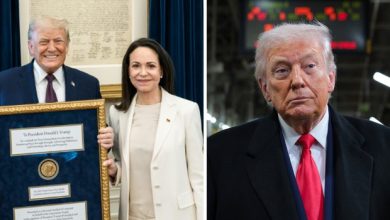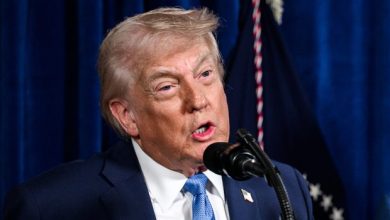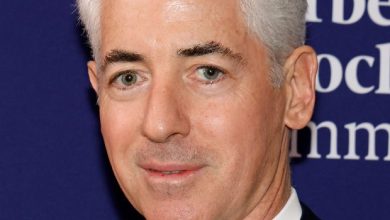Trump sparks major concern as he takes aim at very common medication
A new executive order signed by former President Donald Trump has ignited discussions across the healthcare community, as it introduces potential changes to the regulation of psychiatric medications for children.
The order establishes the ‘Make America Healthy Again Commission,’ a policy initiative aimed at addressing childhood health concerns, with a particular focus on mental health treatments and medication practices.
.jpg)
Trump’s new executive order will directly affect mental health and mental illness (Andrew Harnik/Getty Images)
Overview of the Executive Order
Under the new directive, the commission—chaired by U.S. Health and Human Services Secretary Robert F. Kennedy Jr.—is tasked with evaluating the impact of chronic disease, environmental exposures, and the prescription of psychiatric medications such as selective serotonin reuptake inhibitors (SSRIs), antipsychotics, mood stabilizers, stimulants, and weight-loss drugs on children’s health.
The commission must deliver an initial report within 100 days, assessing current prescription trends, and follow up within 80 days with a strategic plan outlining potential policy recommendations for the federal government.
Concerns from Healthcare Professionals
While the initiative aims to improve child health outcomes, many experts worry about the implications of framing psychiatric medications as a potential threat. Mental health professionals caution that medications such as SSRIs and stimulants play a critical role in treating conditions like anxiety, depression, and attention-deficit hyperactivity disorder (ADHD).
Dr. Lelach Rave, interim executive director of the Washington Chapter of the American Academy of Pediatrics, voiced concerns over the unintended consequences of limiting psychiatric treatments. “Any parent with a child struggling with mental illness knows how vital proper treatment is. While all medications carry risks, untreated conditions can also have severe consequences,” Rave stated in an interview with The Seattle Times.
.jpg)
.jpg)
Several healthcare professionals have spoken out (Natalia Lebedinskaia)
Debate Over Federal Involvement
The directive has also sparked concerns about federal oversight in physician-patient relationships. Some experts argue that while monitoring prescriptions is an important practice, a nationwide mandate could create unnecessary barriers to accessing care.
Summer Starr, interim director of Washington’s National Alliance on Mental Illness, emphasized the need to combat mental health stigma rather than reinforce it. “We would never deny someone treatment for a physical illness like cancer, yet mental health often faces different standards. Early intervention is key to recovery,” Starr explained.
Looking Ahead
As the commission works to develop its recommendations, the debate over balancing regulation with accessibility will continue. Advocates stress the importance of ensuring that policy changes do not inadvertently hinder children from receiving essential mental health care.
The coming months will determine how this executive order shapes the future of mental health treatment for young Americans.
Featured Image Credit: Joe Raedle/Getty Images












